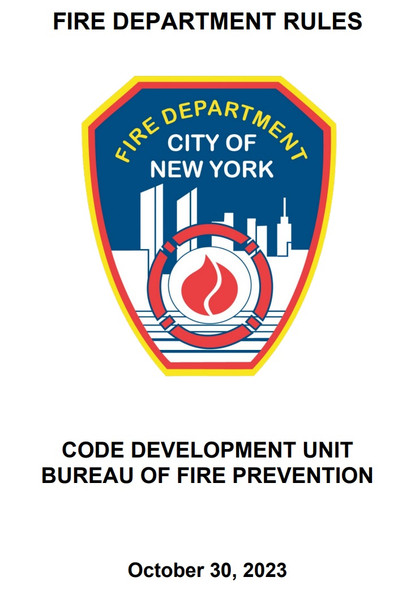hpdsigns.nyc
NYC Composting is Now Mandatory – Simple Rules Every New Yorker Must Follow (PDF file)
- SKU:
- NYC Composting is Now Mandatory – Simple Rules Every New Yorker Must Follow (PDF file)
- MPN:
- NYC Composting is Now Mandatory – Simple Rules
Description
NYC Composting is Now Mandatory – Simple Rules Every New Yorker Must Follow (PDF file)
As of April 1, 2025, composting is mandatory for all New York City residents. The Department of Sanitation (DSNY) now enforces this law, issuing fines to property owners who fail to separate compostable materials from regular trash. Here's a straightforward guide to help you comply
What to Compost
Place the following items in your compost bin:
Food scraps: fruits, vegetables, meat, bones, dairy, and cooked foods
Food-soiled paper: napkins, paper towels, tea bags, coffee filters, greasy uncoated paper plates, and pizza boxes
Yard waste: leaves, twigs, grass clippings, and flowers
Certified compostable products: items labeled as compostable
What Not to Compost
Do not place these items in your compost bin:
Plastic, metal, glass, and foam products
Pet waste, diapers, and hygiene products
Medical waste and wrappers
Clean paper and cardboard (these belong in recycling)
Collection Schedule
Compost is collected weekly on your regular recycling day. To find your collection schedule, visit nyc.gov/CollectionSchedule.
Setting Out Compost
Use a bin: Place compost in a DSNY brown bin or any bin (55 gallons or less) with a secure lid.
Label your bin: If using your own bin.
Line your bin: Use clear plastic, paper, or compostable bags. Black trash bags are not allowed.
Set out time: Place your bin at the curb after 6 PM the night before your collection day.
Fines for Non-Compliance
Property owners who fail to separate compostable materials from trash may face fines
Buildings with 1–8 units:
1st offense: $25
2nd offense: $50
Subsequent offenses: $100
Buildings with 9 or more units:
1st offense: $100
2nd offense: $200
Subsequent offenses: $300
DSNY inspectors may check trash bags for compliance.
Requirements for Building Owners
Provide a designated storage area with clearly labeled compost bins.
Ensure bins have secure lids and are 55 gallons or less.
Educate tenants about proper composting practices.
Benefits of Composting
Reduces landfill waste and greenhouse gas emissions.
Helps control the city's rat population by removing food sources.
Produces compost that enriches soil in parks and gardens.
For more information and resources, visit nyc.gov/CurbsideComposting or call 311.
DISCLAIMER to comply with the New York City Consumer Protection Law which applies to all businesses operating in New York City: We are small family-owned and family-operated Brooklyn-based business. We are not a City of New York store nor are the website, products or services affiliated with the City of New York or any agency of the City of New York. We ourselves, our business, websites, products, services, or any hyperlinks from its website are not sponsored by, approved by, affiliated with, endorsed by, or connected to the City of New York or any agency of the City of New York, including but not limited to HPD, DOB, DOT, DSNY, FDNY and federal directly or by implication.
DISCLAIMER These codes may not be the most recent version. The State / federal or other regulation department may have more current or accurate information. We make no warranties or guarantees about the accuracy, completeness, or adequacy of the information contained on this site or the information linked to on the state site. Please check official sources.
The requirements for sign/forms content are determined by intended use and by applicable regulation. The BUYER/downlaoder is responsible for determining the appropriate content for a sign or package of signs. WE makes no warranty or representation of suitability of a sign for any specific application. IT IS THE CUSTOMER'S RESPONSIBILITY TO ENSURE THAT THE SIGNS THE CUSTOMER ORDERS ARE IN COMPLIANCE WITH ALL STATE, FEDERAL, LOCAL, AND MUNICIPAL LAWS. Please review terms and conditions prior to purchase.
For more information about what is required, see the laws that are referenced and the rules applicable to your city and state. This page is for informational purposes only and is not intended as legal advice, professional advice or a statement of law. You may wish to consult with an attorney.










